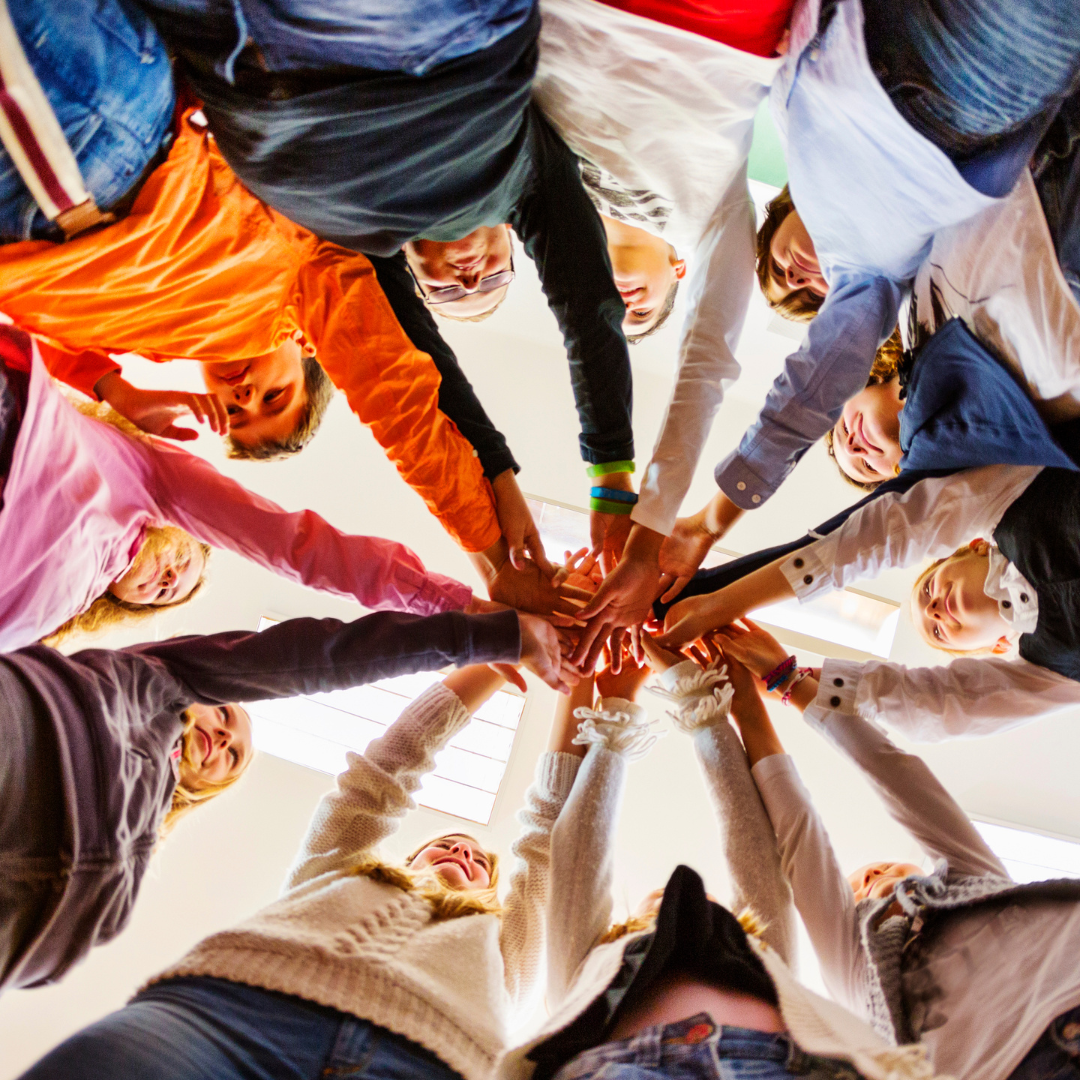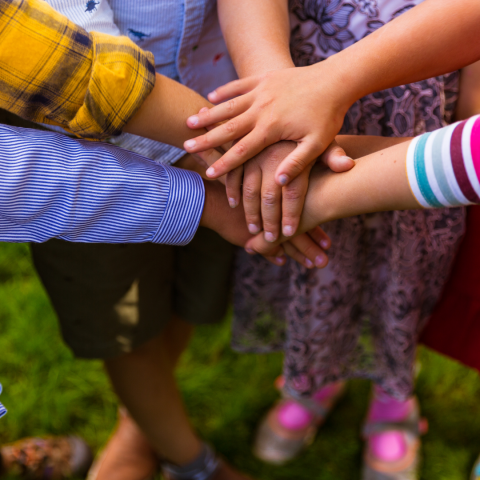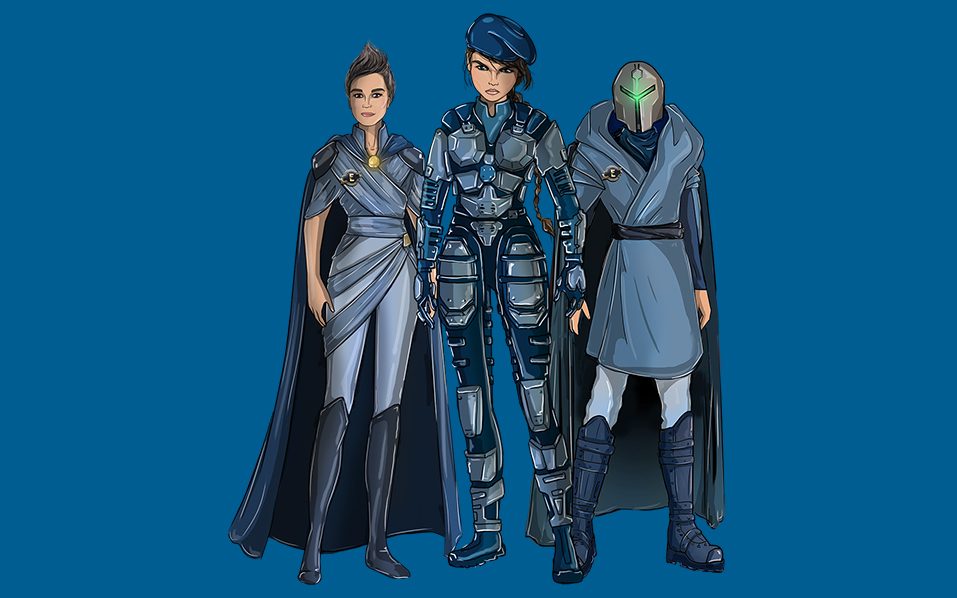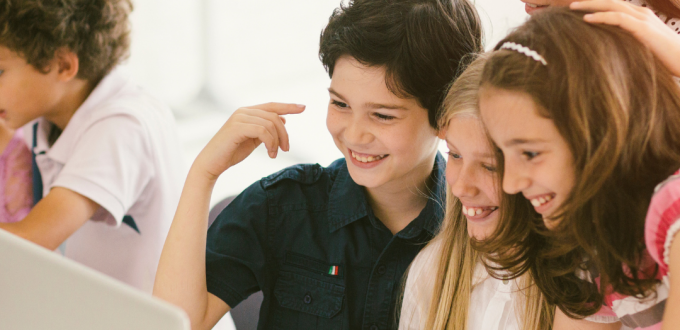






The Magical Leaders Programme promotes 21st-century skills such as problem-solving, decision-making, and creativity. The Magical Leaders Programme is an innovative approach. It is focused on 5th and 6th-class students to promote 21st-century competencies. In this blog, you will learn about the Magical Leaders Programme and the critical 21st-century skills it promotes among the younger generation. […]
Embracing digital technology and becoming a digital learner is a fundamental aspect we should adopt to align with the modern era and future of education and life after school. Hence, digital learning plays a vital role in children’s lives, they should adopt this practice effectively. Adopting this practice benefits the learner and teacher in maintaining […]
A digital learner utilises digital technologies and resources to acquire knowledge and skills. Digital learning includes online courses, e-books, educational apps, interactive multimedia, virtual classrooms, and many more as the digital world expands. Digital learners often leverage the internet and digital devices like computers, tablets, and smartphones to access educational content anytime and anywhere. Digital […]